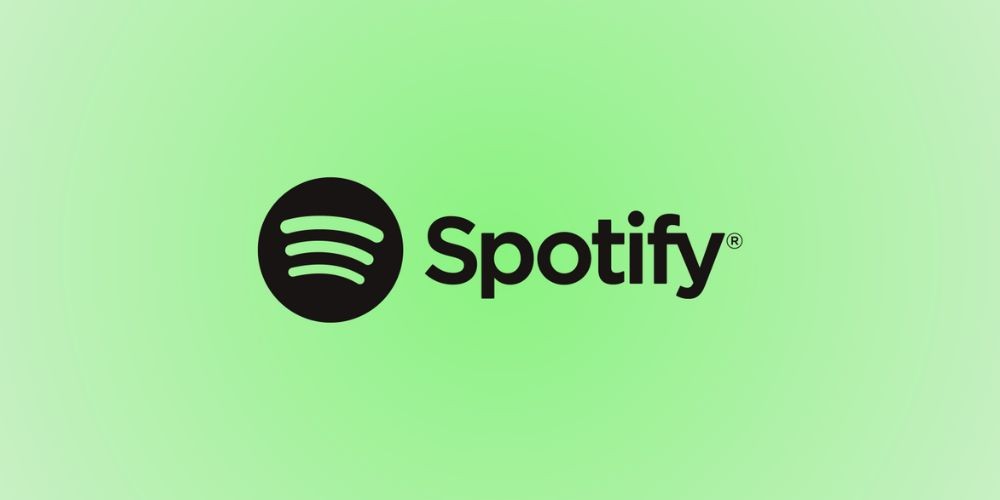Navigating the New Digital Landscape: Spotify's Mixed Views on Apple's DMA Compliance
- Feb 08, 2024
- 1481

In the shifting sands of the tech industry, companies often find themselves at odds, and the introduction of the EU’s Digital Markets Act (DMA) is no exception. Spotify's CEO, Daniel Ek, voiced strong opinions during the company’s Q4 2023 earnings call, labeling Apple’s compliance with the DMA as "extortion" and a "farce," suggesting a compliance in form rather than spirit. Despite this, Ek conveyed to investors a sense of cautious optimism, suggesting that the new law might bear "future upsides."
The DMA, which aims to foster greater competition within the tech sphere, particularly targets Apple's control over its app ecosystem. Apple's new strategy involves a Core Technology Fee and retention of commissions on certain transactions, a move that, as Ek puts it, pressures developers and could stifle profitability. While Ek criticized this approach, calling Apple’s tactics a "masterclass in distortion," he highlighted that presently, Spotify could continue operating under existing terms with Apple, thus maintaining its current business model without immediate detriment.
But the CEO's forward-looking statements indicate that this regulatory shift could crack open doors to innovative avenues for Spotify. Ek envisioned a landscape where Spotify could launch offerings like superfan clubs and direct app downloads from its website—initiatives blocked by previous limitations that could now contribute to greater engagement and revenue. These opportunities underscore the dynamic nature of the digital market, where one regulatory change can reshape strategies and open up fresh potentials for industry players.
Moreover, Spotify could leverage the DMA to communicate directly with users about promotions, events, and sales—activities that were previously curtailed due to Apple’s policies. Ek pointed out that Spotify could improve its revenue streams significantly if allowed to manage in-app purchases autonomously, like audiobook sales, without sacrificing a 30% cut to Apple. Though the streaming giant has seen fluctuations in profits, these openings could pave the path toward greater financial stability.
In conclusion, the panorama for Spotify remains a blend of challenge and promise. Despite Daniel Ek's fervent criticism of Apple's methods of DMA implementation, it is clear that he, along with Spotify, is playing the long game—calculating potential gains against the backdrop of regulatory evolution. The tech world watches as the drama between these two juggernauts unfolds, anticipating how new rules and corporate ingenuity will ultimately shape the future of digital marketplaces. Investors, creators, and consumers alike stand to witness a pivotal moment as Spotify navigates this new terrain, balancing its current reality with the prospects of an increasingly open and diversified digital ecosystem.